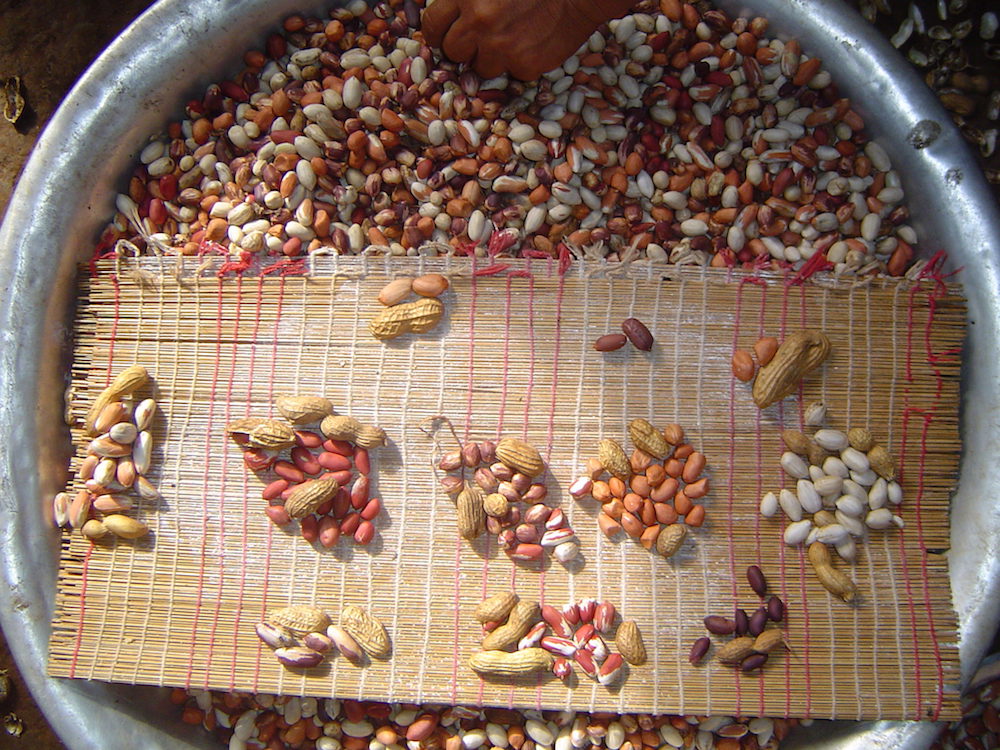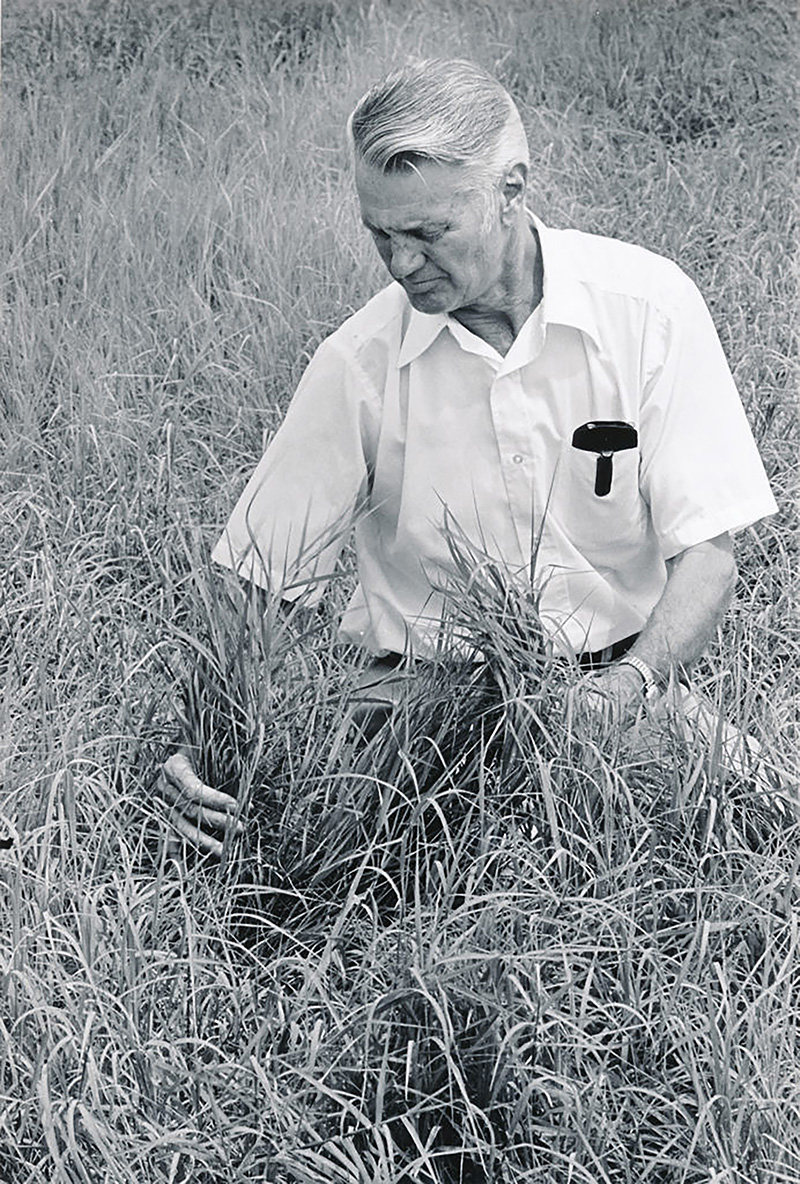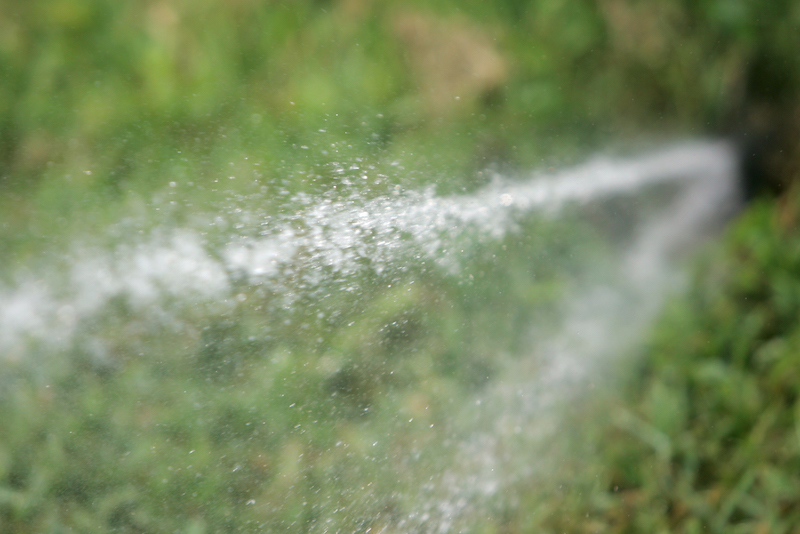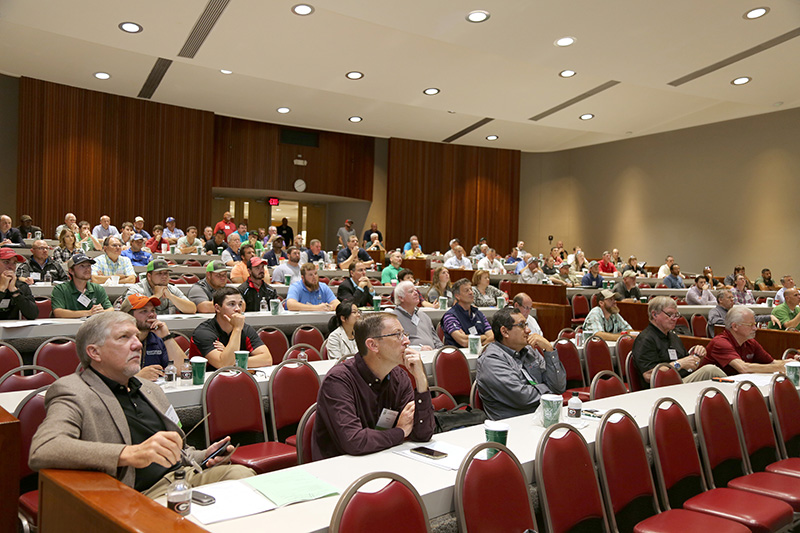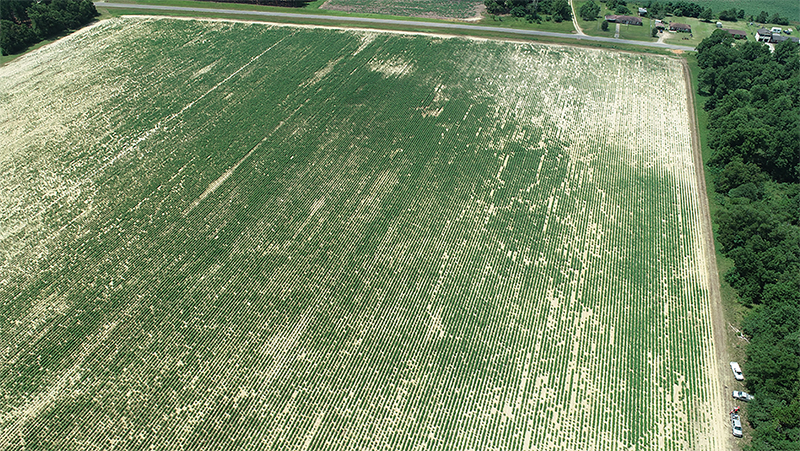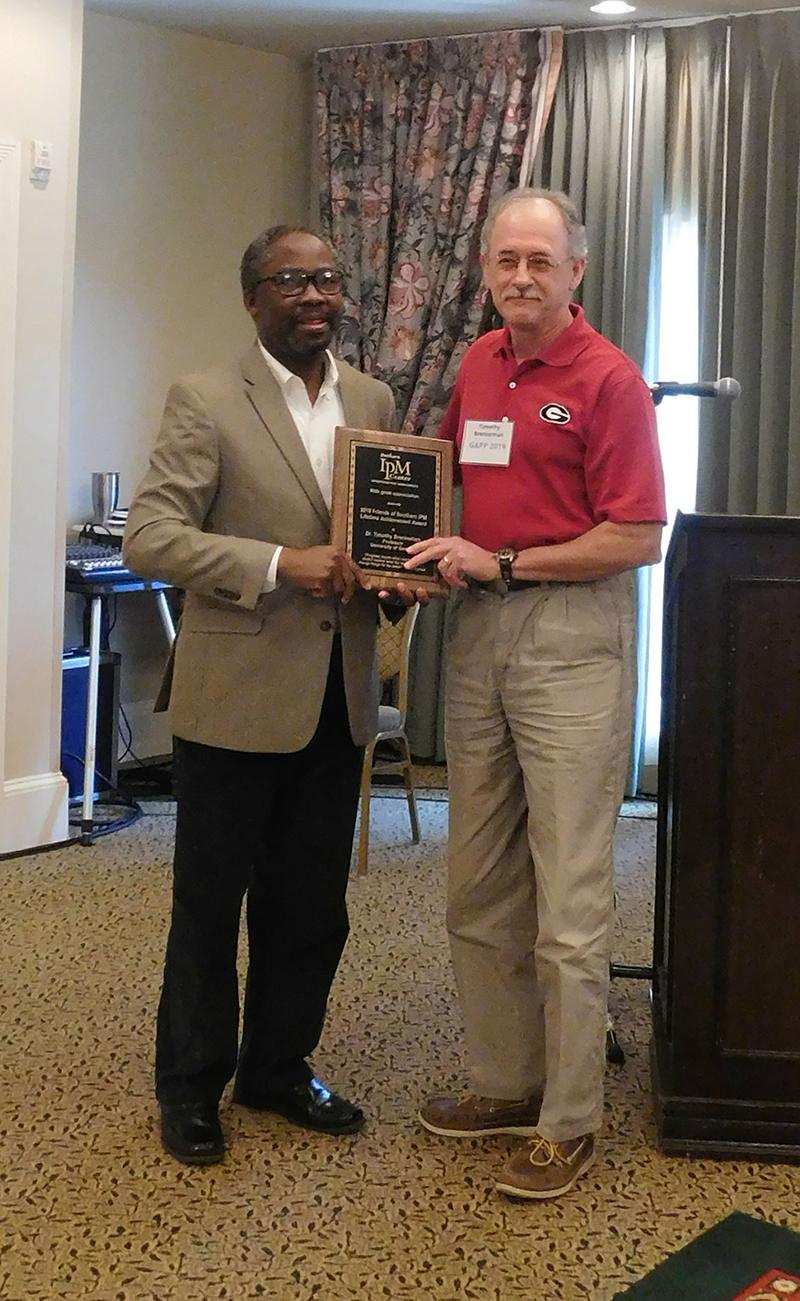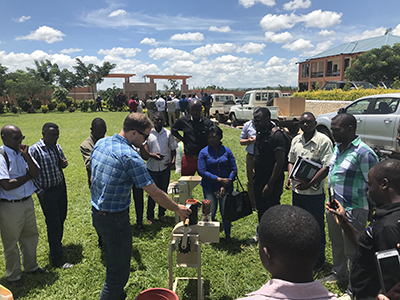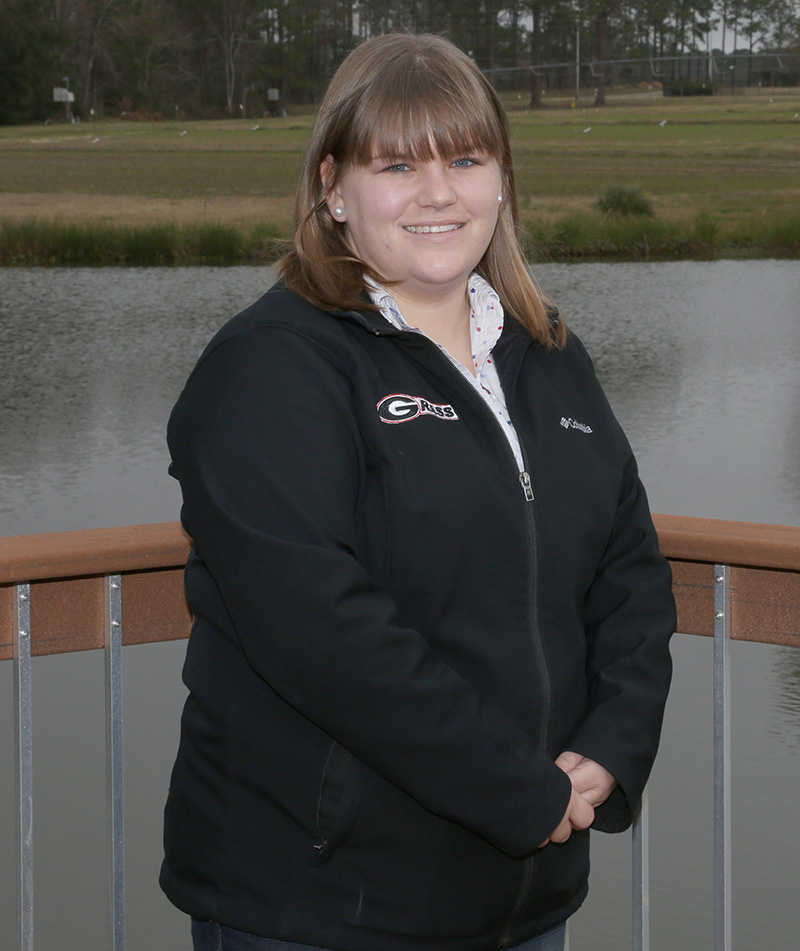 CAES News
CAES News
Medallion of Honor
Frank McGill, 92, affectionally known throughout the Georgia agricultural community as “Mr. Peanut,” received the University of Georgia College of Agricultural and Environmental Sciences’ Medallion of Honor during a private event on Thursday, May 2, on the UGA Tifton campus.

